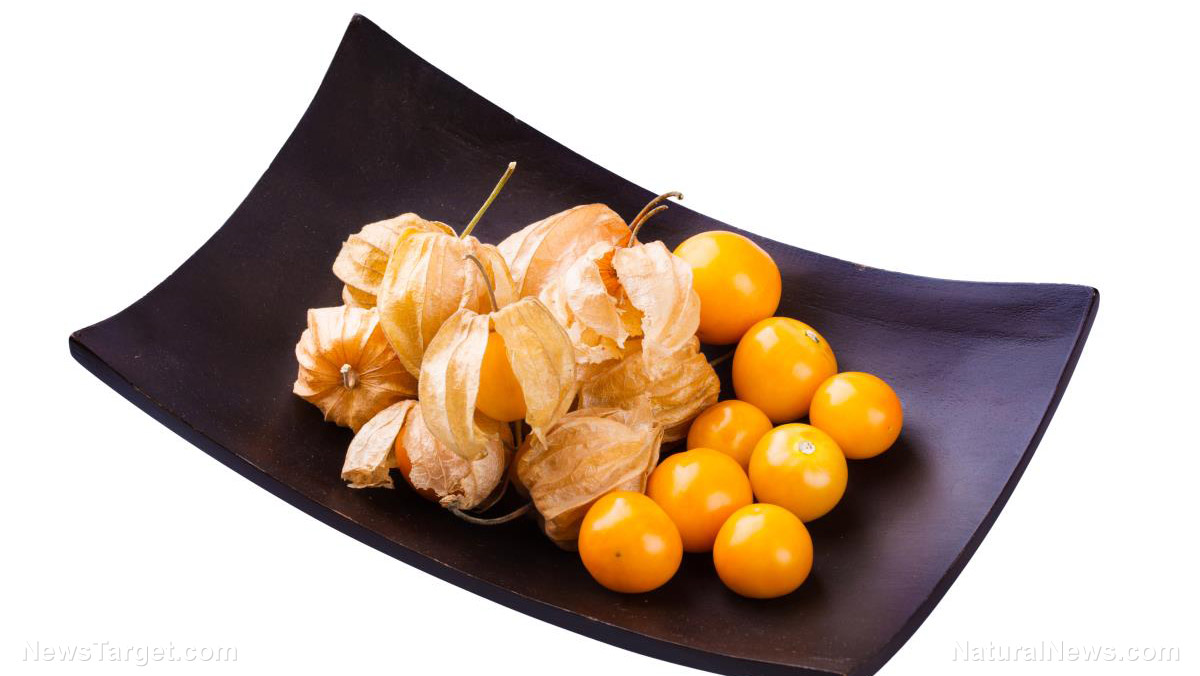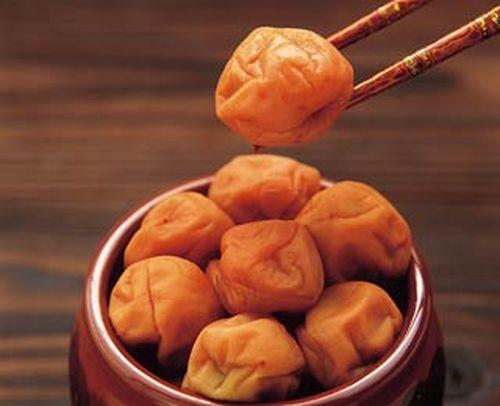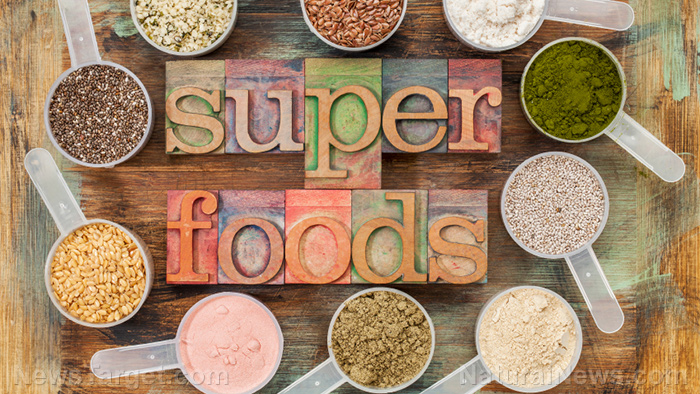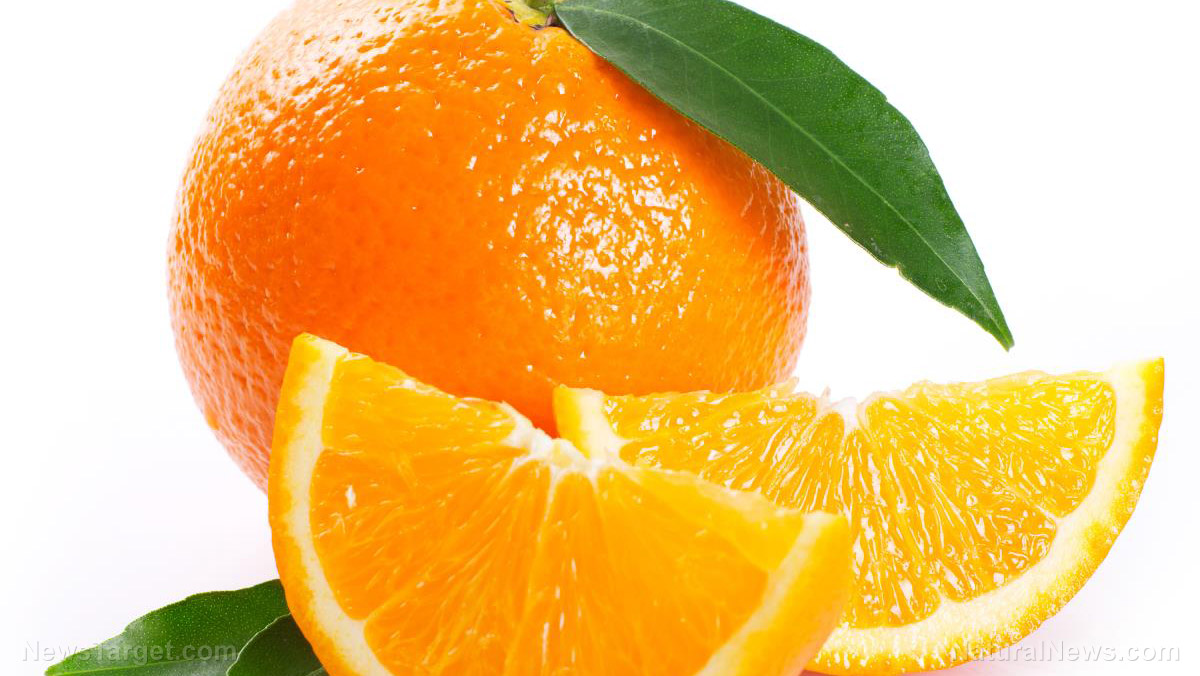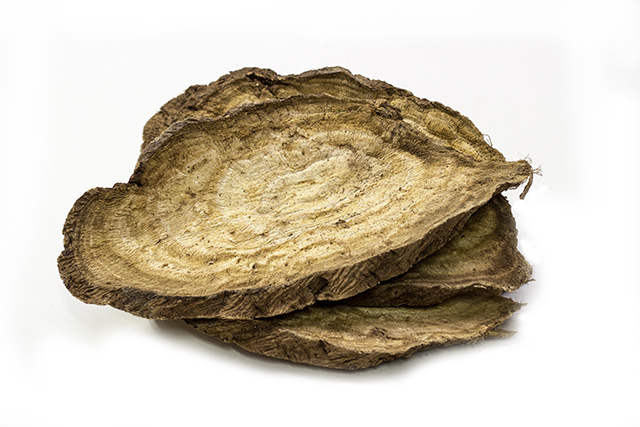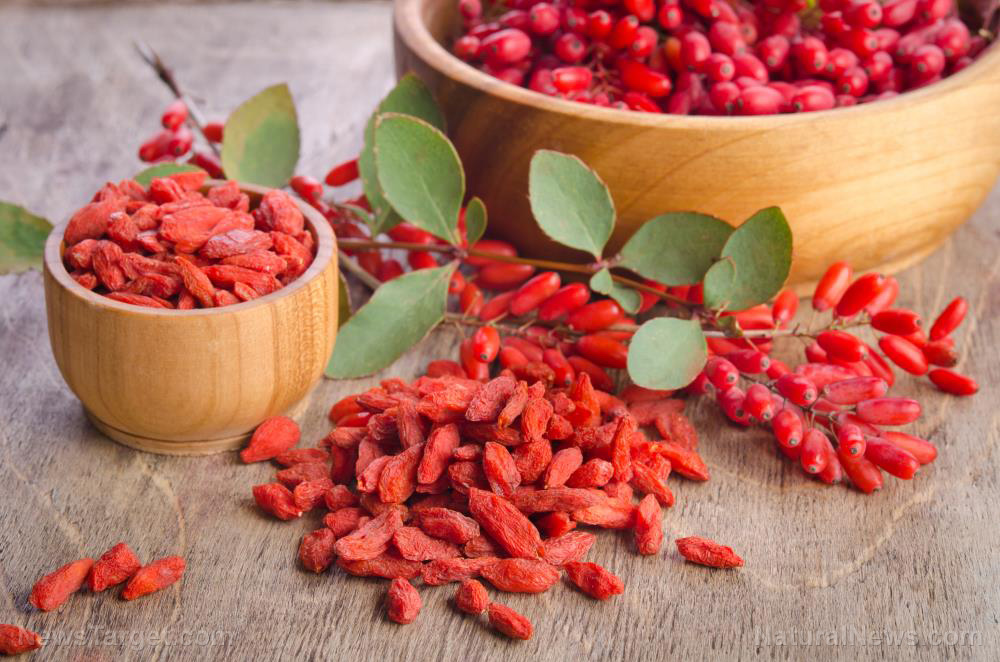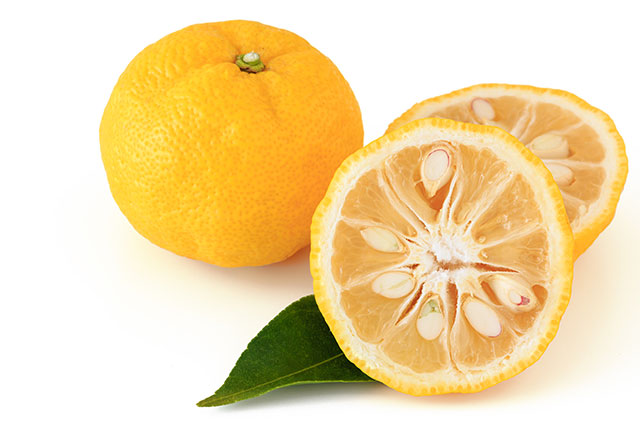Fruit salads are a creative way to get more probiotics
10/15/2018 / By Ralph Flores
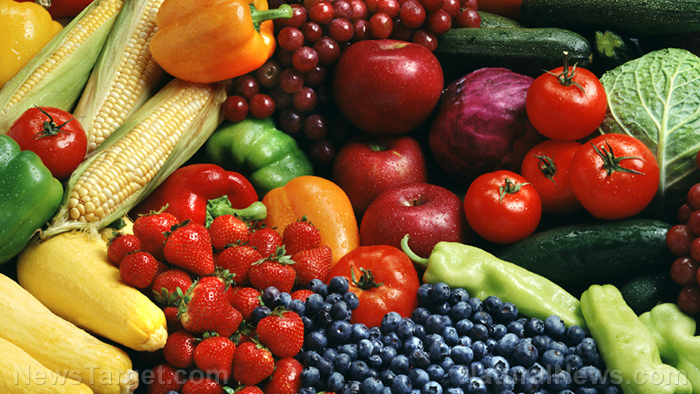
Fruit salads that have been minimally processed could be used as probiotic carriers, according to a paper in Food Science and Technology. In the study, researchers from Brazil looked at the potential of fruit salads as carriers of Lactobacillus rhamnosus HN001.
- Aside from the viability of probiotics in fruit salads, the team also examined the physicochemical, microbiological, and sensory properties of the salad.
- Microorganism adhesion on fruit tissues was measured using scanning electron microscopy (SEM).
- Researchers found that L. rhamnosus was viable in fruit salad samples at 8.49 colony forming units per gram (CFU/g) after 120 hours, with SEM images indicating that the probiotics were protected by fruit tissues.
- Bananas, apples, and guavas provided higher quantities of adhesion sites, and adding L. rhamnosus did not negatively change the texture of the fruits.
- Compared to the control, the fruit salad that had L. rhamnosus had different pH and acidity values. In particular, ascorbic acid decreased over time but not for carotenoids.
- The fruit salad that contained L. rhamnosus has a lower amount of psychrotrophic microorganisms than the control sample.
- Sensory properties of the salad were accepted by consumers.
Researchers concluded that fruit salads have the potential to be probiotic carriers and can be used as an alternative to functional foods.
Read the full study at this link.
Learn more about probiotics and how it’s added into food by following Food.news today.
Journal Reference:
Martins EMF, Ramos AM, Martins ML, Leite BR. FRUIT SALAD AS A NEW VEHICLE FOR PROBIOTIC BACTERIA. Food Science and Technology. 7 July 2016;36(3):540–548. DOI: 10.1590/1678-457x.03316
Tagged Under: food cures, fruit salads, fruits, functional food, good bacteria, lactobacillus rhamnosus, natural cures, nutrients, nutrition, probiotics

